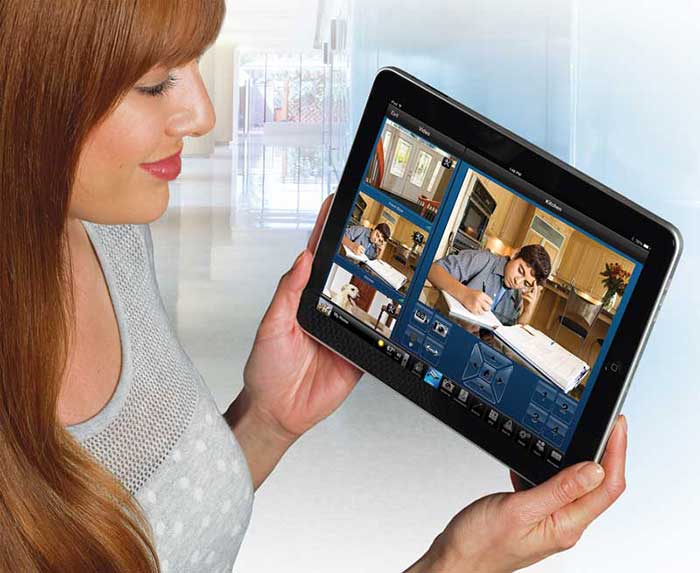A Beginner’s Guide to Home Automation

Until fairly recently, this type of advanced building system automation was only available and affordable for large commercial buildings or very expensive residential homes, which required central access and control systems. Today, home automation has become mainstream and is available and accessible to almost everyone.
What Is Home Automation?
Today, home automation goes further than having automatic sprinkler systems or programmable thermostats; it allows you to control almost everything (appliances, electrical outlets, lights, and heating and cooling systems) in your home remotely. With home automation, you can access and control your home — and its many systems and devices — using your mobile phone from anywhere in the world where you have a wireless or mobile network connection. This means you can schedule your lights to turn on or off at a certain time of day or program your smart devices and thermostat on a specific schedule.
With respect to security, home automation gives you the same sort of connectivity to all of your residential security systems and devices including:
- doors and windows
- alarms
- locks
- smoke detectors
- surveillance cameras
- sensors
Home automation also provides remote monitoring and control capabilities. Which allow you to view your home in real-time, control your home remotely, and actively protect your home and property even when you are at work, running errands, or away on holiday.
How Does Home Automation Work?
In its early days, home automation was controlled through a personal computer. Today, devices feature wireless capabilities, and most systems use an app interface that can be accessed from any computer, smartphone, or tablet connected to the Internet. Most home automation components involve systems that are either on or off, like lights or locks. With more and smarter devices and appliances hitting the mainstream market, however, home automation is going beyond turning on the lights and locking the doors by allowing you to control things like your television, refrigerator, washer, and dryer, and even your coffee pot remotely.
The Clear Advantages of Automation
Apart from the obvious advantages of being able to access, monitor, and control your home’s security while you are away, home automation also goes a long way to promote energy efficiency and savings through having the ability to schedule smart temperature controls inside your home, turn off lights when not in use, disable outlets, and easily turn off appliances that do not need to be left on.
Learn More About Home Automation and Residential Security Systems
If you think home automation and a remotely controlled security system would give you peace of mind and improve your home’s security, we encourage you to talk with a residential security expert at Arpel Security Systems. We specialize in helping homeowners determine the best home security system to meet their needs while providing professional installation and ongoing support. Contact us to schedule a residential consultation today.
